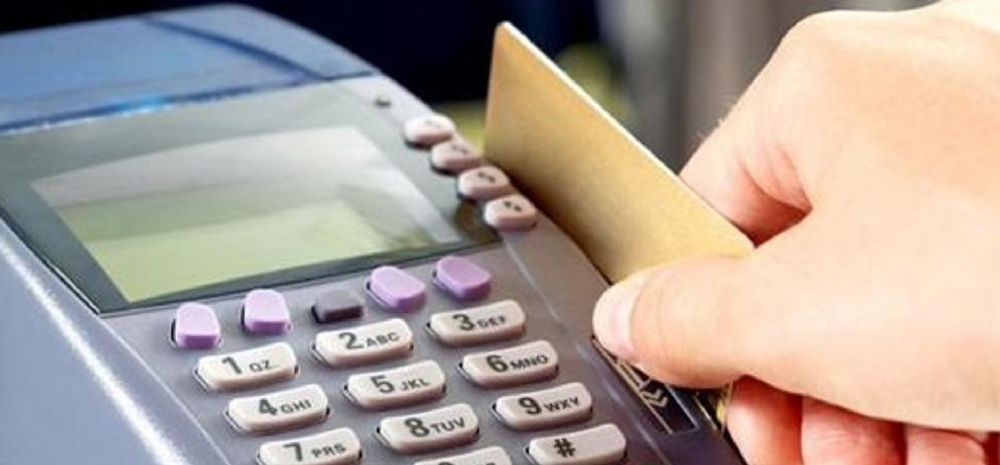Cashless Push: MDR Removed For Debit Card Transactions Upto Rs 2000 Till 2 years!
MDR or Merchant Discount Rate has been one of the controversial issues plaguing the expanse and adoption of digital payments, all over the country.

MDR or Merchant Discount Rate has been one of the controversial issues plaguing the expanse and adoption of digital payments, all over the country.
Now, in order to aid more cashless transactions, Govt. of India has announced that MDR will be removed for all transactions upto Rs 2000, made via debit cards and UPI.
This can be described as the perfect New Year gift from the Govt. to the citizens of India!
MDR No More For Debit Cards, UPI, AePS
In a decision taken by the Finance Ministry and approved by the Cabinet, Govt. has removed Merchant Discount Rate or MDR for all forms of debit card and UPI besides all forms of AePS or Aadhaar Enabled Payment Systems.
This waiver would be applicable for 2 years.
In a statement, Govt. said,
“Merchant Discount Rate (MDR) applicable on all debit card/BHIM UPI/ AePS transactions up to and including a value of Rs 2000 will be borne by government for 2 years with effect from 1 January, 2018 by reimbursing same to the banks,”
PM Modi was chairing the crucial meeting where this decision was taken.
Due to this, Govt. will take a hit of Rs 1050 crore in the 2018-19 fiscal, which will increase to Rs 1462 crore in 2019-20.
But, will prove to be a tremendous boost to the digital eco-system in the country.
Why Rs 2000 Threshold & How Will It Help?
2.4 billion Debit card transactions happened in 2016-17, which is tripple of what happened last year; and the value of transactions increased to Rs 3.3 lakh crore, up from Rs 1.2 lakh crore last year.
Now, as per RBI’s 2015 report, a typical digital transaction is valued at Rs 1485, and forms 50-60% of all transactions done via cashless mode.
This is the reason Rs 2000 mark is important, when it comes to digital transactions, and earlier, due to this reason, service tax and OTP requirement was removed for all sub-Rs 2000 transactions.
Now, committee comprising of Secretary Department of Financial Services, Secretary Ministry of Electronics & IT and the CEO, National Payment Corporation of India (NPCI) will monitor the industry level trend of cashless transactions, and accordingly reimburse the concerned banks of the MDR charges.
MDR is the charge which merchants pay to the bank for accepting cashless payments from their customers, using their debit cards.
Earlier this week, Govt. had capped the MDR for small businesses at Rs 200, which was again a major reform for cashless drive.
Related News:
Debit Card Charges To Get Cheaper; MDR Would Be Linked To Transaction Purpose & Volume!
IRCTC Blocks SBI, ICICI Bank Debit Cards; Greed? Or Business As Usual? (Updated)
Govt Will Absorb Transaction Fees For Digital Payments In Order To Boost Cashless Economy
Govt Waives Off Service Charge Levied On Debit Cards To Push Cashless Transactions

What? seriously this is a worst idea I don’t understand what they want I think they won’t us to stop using bank account.